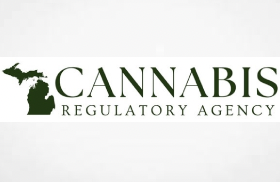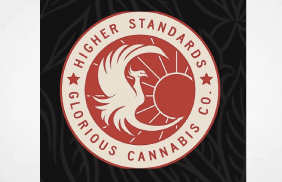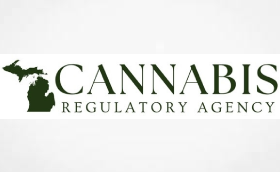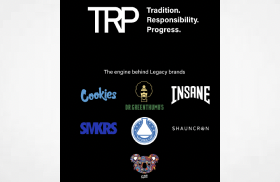The lower house of the Czech Parliament has approved a draft law regulating synthetic cannabinoids and new psychoactive substances such as HHC.
The Chamber of Deputies voted on May 3 in favor of the bill on psychomodulatory substances, obtaining 81 votes out of the required 78.
The bill would regulate substances like Kratom and HHC, a synthetic cannabinoid with effects similar to THC but milder, along with other newly identified substances.
Regulations on these substances would protect consumers, especially minors, because they would eliminate regulatory gaps regarding substances posing minimal social and health risks, which, according to the government’s position, have fallen into a legal gray zone in Czech law over the last few years.
Psychomodulants, defined as substances with psychoactive effects that pose a low risk of adverse health or social effects on individuals and society, will have to face strict marketing and service regulations.
The proposed legislation also provided for the possibility of extending the list of these substances and introducing regulations setting limits on their quantities and concentrations.
Only adults could buy products containing psychomodulating substances in specialized stores. They cannot look like toys or sweets, and vending machines and cross-border sales would be prohibited. Online sales would be subject to age verification during transaction and delivery. Export will be subject to authorization.
The bill also provides that the National Agricultural and Food Inspectorate will monitor compliance with the terms and conditions of sale of psychomodulating substances, and the Broadcasting Council will supervise the advertising ban, primarily in stores. Both distributors and sellers of psychomodulating substances would need permits issued by the Minister of Health.
In addition, the government seeks to regulate psychomodulatory substances in order to obtain revenues from their sale. Substances containing THC up to 1%, such as HHC products, will be classified as tobacco products within the meaning of the Excise Duty Act. This means that they must comply with regulations regarding tobacco products, which require production in tax warehouses with appropriate permits.
If the bill is approved by the Czech Senate (upper house) and the European Commission (EC), the Czech Republic will become the first country in Europe to regulate this new market.
The move would mark a change in policy on these substances by the government, which temporarily banned the use of HHC products in February after reports of dozens of children being hospitalized. Last April, the Czech Republic announced plans to ban CBD and other hemp-derived cannabinoid products from its market, citing a lack of scientific research on their effects on human health. However, this decision did not move forward.
In recent years, HHC products have appeared in Europe. However, only recently, following an EU report, did several European countries begin to introduce bans on these products.
In this context, the Czech Republic’s decision puts the country in opposition to its current policy in this matter.
The Czech Republic’s proposed regulations are in line with a broader project to reform the Czech drug regulatory framework, announced in late 2022, with the aim of legalizing cannabis for adult use. In January, the government unveiled its legalization plan, although the bill made no mention of an initial framework for a regulated cannabis market.


















